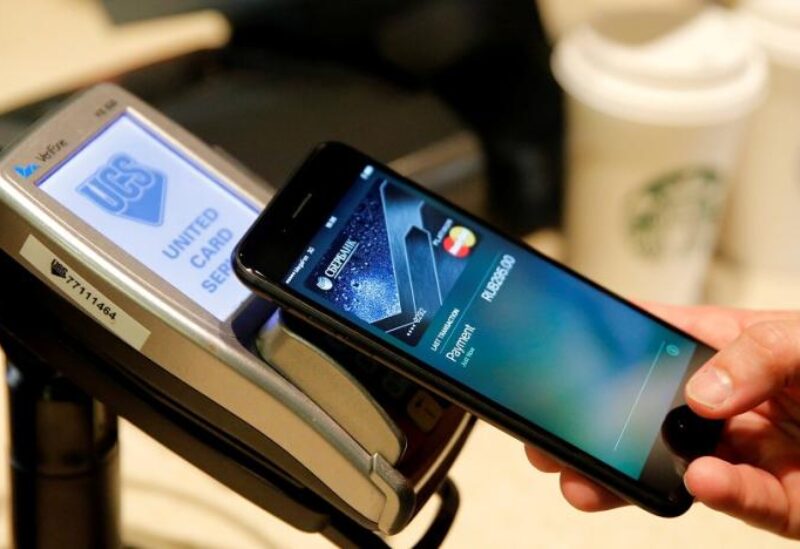
Epayment
The Saudi Central Bank (SAMA) released on Sunday a report on the results of an extensive study to measure payment methods in Saudi Arabia in 2021.
The report aimed to assess consumer payment habits (cash and non-cash) across all market sectors, individuals, business, and the government sector.
A key objective of the Financial Sector Development Program – under the Kingdom’s Vision 2030 – is the promotion of digital payment solutions to transform the Kingdom into a cashless society by reaching 70% non-cash payments by 2025.
The extensive study covered the use of payment methods across the market, and gives detailed insights into the most used instruments, by whom and for which purchases.
The study showed that across all user groups the use of electronic payments exceeded the use of cash. The use of electronic payments increased from 44% in 2019 to 62% of all payments by volume in 2021. These transactions represent 94% of all payments when measured by value.
The study revealed that – for the first time in the Kingdom – cash is no longer the most used method of payment by individuals, as electronic payments have grown significantly to reach 57% in 2021, compared to just 36% in 2019.
In the business sector, the share of electronic payments reached a substantial 84% of all business payments in 2021, compared to 51% in 2019, marking a growth of 65%.
The study also revealed that the government sector has almost completely converted to electronic payment methods of all outward government payments to individuals, business establishments or other government agencies.
SAMA, through its main role in the financial sector development program, seeks to encourage the use of the fastest and most efficient electronic payment methods, as an extension of its efforts in the development of the national and international payments ecosystems, including new technical and operational infrastructure, regulatory and legislative adjustments and new payment services.